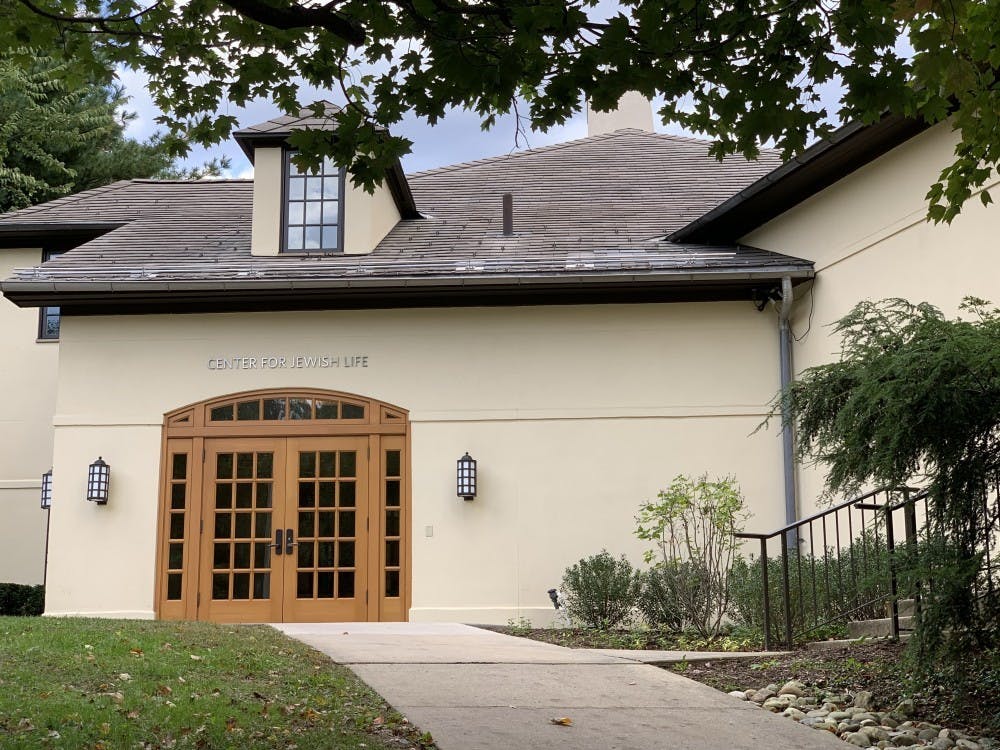Two decades after his conviction for the murder of a white, off-duty police officer, Troy Anthony Davis was put to death on Sept. 21, 2011. Many factors led the public and various human rights groups (including Amnesty International and the NAACP) to believe that there was reason enough to grant Davis a new trial and perhaps acquittal. In 2009, the U.S. Supreme Court ordered the U.S. District Court of the Southern District of Georgia to consider whether evidence that was not available at the time of the trial could establish Davis’ innocence. The evidentiary hearing was held in June 2010. The defense brought affirmation from seven of the nine trial witnesses whose original testimony had identified Davis as the murderer but who had altered or retracted their previous testimonies. A number of the witnesses had at one point or another admitted to having been coerced by police. In addition, almost a million people signed petitions pleading with the Georgia Board of Pardons and Paroles to consider granting Davis clemency. The Board denied all requests. After a last-minute appeal on Wednesday night to the U.S. Supreme Court was denied, the sentence was finally carried out.
For me, this entire series of events calls into question the morality, fairness and justice of not only this execution, but of the use of the death penalty in general. On the morning after Davis’ execution, another news story caught my eye. In a bit of macabre irony, another individual had been put to death the very same night as Troy Davis. Lawrence Brewer, a person with intense white supremacist convictions, had been executed Wednesday evening for the infamous dragging murder of James Byrd Jr., a black man from Texas. Brewer, John King and Shawn Berry had chained Byrd, then 49, to the back of Brewer’s truck and dragged him through three miles of rough asphalt until what remained of Byrd’s body was nothing but a bloody pulp. When the mess of human body parts was first found on a remote dirt road, it was assumed to be animal road kill. The investigating officer found human remains scattered everywhere as well as a lengthy blood trail. Fingerprints taken from the headless torso identified the victim as Byrd. The three men were arrested and convicted for the murder—King is appealing his death sentence and Berry is serving a life sentence.
These instances were both very disturbing and polarizing for me. In the case of Davis, doubt cast its shadow to such a degree that I wondered whether his death truly brought about any form of justice. On the other hand, a man like Brewer has, in my mind, unequivocally given up his humanity, and perhaps even his right to live — above and beyond his right to freedom. The emotions evoked by these nearly simultaneous executions prompted me to question my beliefs about the death penalty altogether. Can the death penalty ever be just, proportionate and effective punishment? Do murderers forgo all of their rights as humans the moment they take away the rights of another human? By allowing the justice system to wield such a powerful punishment as the response to murder, does society affirm the value that is placed upon the right to life of the innocent person, or does it simply sanction another form of the crime it is trying to prevent?
It is surely true that many more innocent people have been killed by released, paroled or escaped murderers than innocent people executed. Isn’t that justification enough? Davis’ execution made me feel uneasy, as does the racial inequality of the death penalty — implementation of the death penalty in America can suffer from social or racial bias. Nearly 90 percent of those executed were convicted of killing whites, despite the fact that non-whites make up more than 50 percent of all murder victims. But Brewer’s execution felt like a stroke of righteousness. Though made uncomfortable by the 23 people put to death innocently in the 20th century, I still ultimately believe that the death penalty can be morally justified on the grounds that it saves more innocent lives than it ends.
I am forced to conclude that the death penalty can be a tool that serves to bring justice and safety into the world, but it must be used with judiciousness and under extraordinarily intense scrutiny. Perhaps the death penalty should be reserved for a very specific class of criminals — those that commit the most heinous of crimes: serial killers, terrorists, grossly violent killers, and yes — maybe even cop-killers.
Aaron Applbaum is a sophomore from Oakland, Calif. He can be reached at applbaum@princeton.edu.







